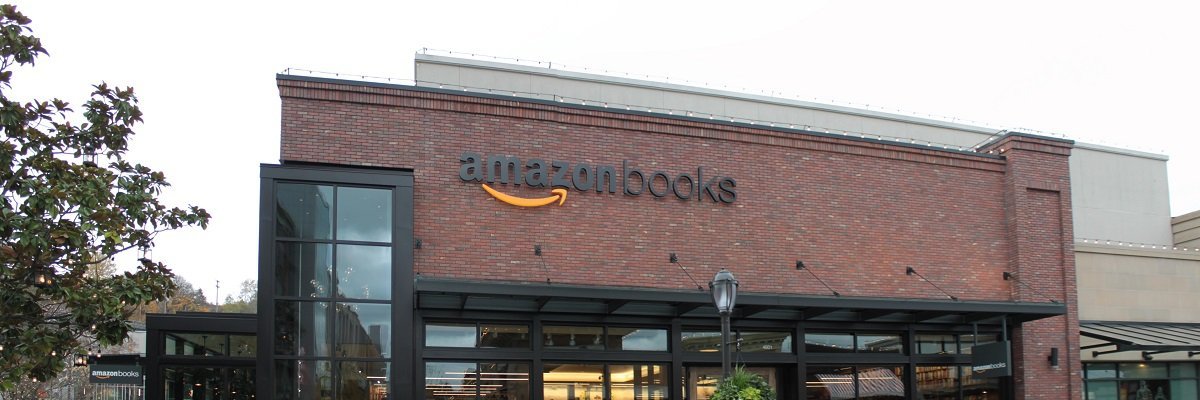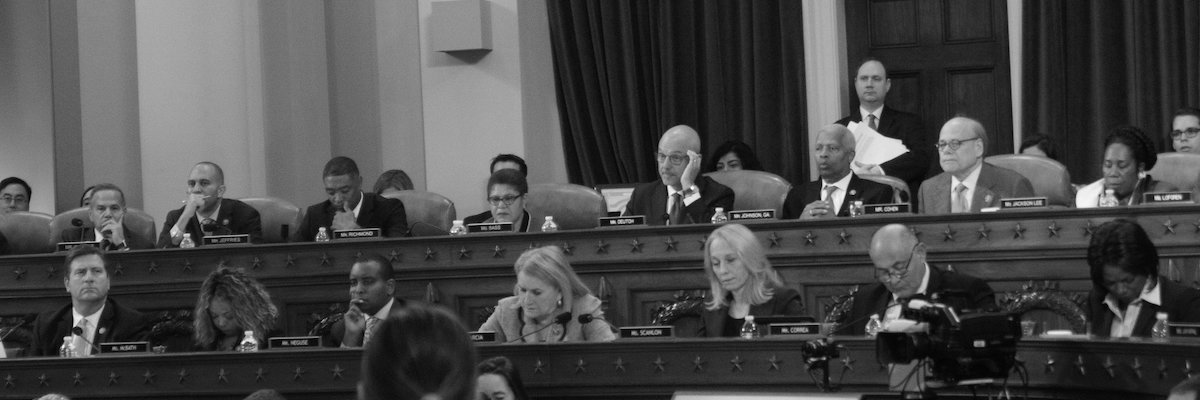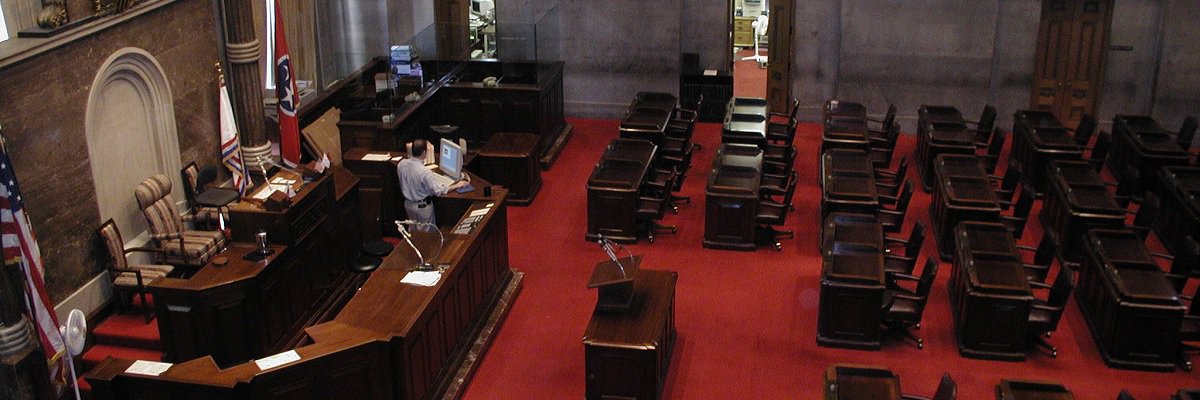Since launching our project to hunt down every proposal Amazon received for its second headquarters, we’ve found that a number of cities were more than happy to share what they’re offering to lure in the tech giant. A growing number, however, aren’t so keen and are keeping their bids hidden in a shroud of exemptions.
Here’s a detailed look at which cities rejected out request and why.
The popular exemption: Maintaining a competitive advantage
Chicago
Chicago rejected our request stating, “because of the ongoing competitive process, the public release of the City’s proposal materials could give an advantage to another applicant.” The city has reportedly offered Amazon $1.32 billion in Economic Development for a Growing Economy tax credits. This is known as a personal income-tax diversion, a situation in which Illinois would effectively allow Amazon to keep the income tax dollars that its employees would normally pay to the state.
Similar rejections:
- Arlington, Texas
- Fairfax County Office of Public Affairs
- Kankakee County, Illinois
- Loudoun County, Virginia
- Provo, Utah
Why is this a problem?
Can healthy competition thrive in complete secrecy? States and cities are already being pitted against each other to bring jobs home in a garish public bidding war. If incentives for large corporations are bottom line, how can the public leverage its own welfare when the conversation is being held behind closed records? According to the organization Good Jobs First …

While states and cities scramble to offer the biggest and boldest tax breaks, corporations will continue to take front seat to public interest. The clandestiny of these deals leaves little to no bargaining power to people who already reside in these areas and are directly effected.
The time-sensitive exemption: Confidential document made available after Amazon picks a winner
Georgia Department of Economic Development
The agency responded to our request stating that, “Records pertaining to active economic development projects are exempt from production under the Georgia Open Records Act.”.Atlanta has reportedly planned to offer what Mayor Kasim Reed has called “the most aggressive economic incentive package that the state of Georgia has ever put forward”.
Similar rejections:
- Gary, Indiana
- Jacksonville, Florida
- New Rochelle, New York
- Oak Brook, Illinois
- Phoenix, Arizona
- St. Louis, Illinois
- Tampa, Florida
- Woonsocket, Rhode Island
Why is this a problem?
Releasing these proposals once an applicant is chosen or rejected only allows for transparency after the fact.
The on-brand exemption: Proprietary information that if released would affect bidders’ financial interests
Empire State Development Corporation
New York wrote that, “we have withheld these records as they contain information that if disclosed would impair present or imminent contract awards.”
Virginia Economic Development Partnership
VEDP first stated that because Muck Rock was an out of state requester, our request was going to be denied out the gate. They did ultimately decide to respond to our request anyway, which was another denial. “The proposal consists of hundreds of pages of proprietary information the disclosure of which would adversely affect the financial interests of the city”. VEDP goes on to say …

Why is this a problem?
Many other cities have released their proposals with little pull back. Exempting these proposals now in order to establish a precedent for rejecting future public records requests is obviously a troubling stance.
The confusing exemption: Public interest in maintaining a competitive advantage outweighs the interest in disclosure.
Oxnard, California
Oxnard’s Mayor’s Office wrote to us that, “the disclosure of bid information would put the city at a competitive disadvantage during the bidding process”.
Long Beach and Huntington Beach, California
Long Beach and Huntington Beach submitted a joint proposal. When we requested the relevant documents their response was, “It is in the public’s interest to preserve whatever competitive advantages the City and Huntington Beach may have in being awarded a contract by Amazon which could result in significant economic opportunities for both cities”.
Why is this a problem?
It is difficult to understand how keeping the decision-making process a huge secret from the public could be considered a protection of their interests. It is important that the public have access to these proposals in order to understand the implications that may come with them. Both Long Beach and Huntington Beach have stated that the public will be a part of the decision-making process if the proposal moves forward.
The curious exemption: Confidential information on the request of Amazon
Nevada Governor’s Office of Economic Development
GOED responded that, “upon the request of Amazon (the Company), the Executive Director of the Governor’s Office of Economic Development (GOED) has determined that:” …

The proposal is considered Confidential Information of Amazon, and therefore “not public records”. GOED will keep their proposal confidential until Amazon announces, “its decision to locate its business in Nevada or upon application by the Company for economic incentives administered by GOED”.
Why is this a problem?
Amazon has stated that while the project itself is not private, “certain aspects of the Project and details regarding the company are confidential, proprietary, and constitute trade secrets”. The corporation also identified it will send out NDAs to applicants when they deem necessary. The GOED released an invoice for the Amazon HQ2 Project that clocked the state at a $ 31,250 billing to Amazon for, “research, project management and video presentation”. The state already spent 30 grand on the mere proposal, the bid should be accessible to those who it will continue to pay for it - the public.
The long-winded exemption: Preliminary drafts, notes, correspondence with private individuals, other than correspondence which is intended to give notice of final action of a public agency, records that pertain to the prospective location of a business or industry where no previous disclosures have been made, unfair commercial advantage and finally MuckRock is a Commercial Requester
Louisville, Kentucky
Louisville Forward provided us with a fist full of exemptions, the most brazen was claiming that MuckRock was a commercial requester.
Why is this a problem?
To begin, MuckRock is not a commercial requester. We’re a non-profit (donations welcome!), and you can read more about why being labeled commercial is an issue here. Also this - “Records that pertain to the prospective location of a business or industry where no previous disclosures have been made”. Not allowing a “prospective location” to be open to public records because it has never before is not a great justification for exempting their proposal. What happens if Amazon rejects Louisville as its next headquarters.
The solvable exemption: Out of state requestor
Memphis, Tennessee and Arlington, Virginia
Both Tennessee and Virginia require requesters to reside in the state.
The unavoidable exemption: Private organizations not subject to public record laws
The list includes the Orlando Economic Partnership, Dallas Regional Chamber, REDI Cincinnati, Colorado Springs Chamber of Commerce, and Albany’s Center for Economic Growth.
As we inch closer to Amazon announcing their decision, requests are still pouring out. As of publication, we have submitted 182 Amazon proposal requests, rounding out at 30 rejections.
-
Small Red - No Responsive Documents
-
Large Red - Rejected
-
Small Yellow - Awaiting Acknowledgement
-
Large Yellow - Awaiting Response
-
Small Blue - Fix Required
-
Small Green - Partially Completed
-
Large Green - Completed
-
Large Purple - Payment Required
-
Small Purple - Processing
If we’ve missed a spot please let us know via email, Twitter, Facebook, or via the form below.
Image by SounderBruce via Wikimedia Commons and is licensed under CC BY-SA 4.0




